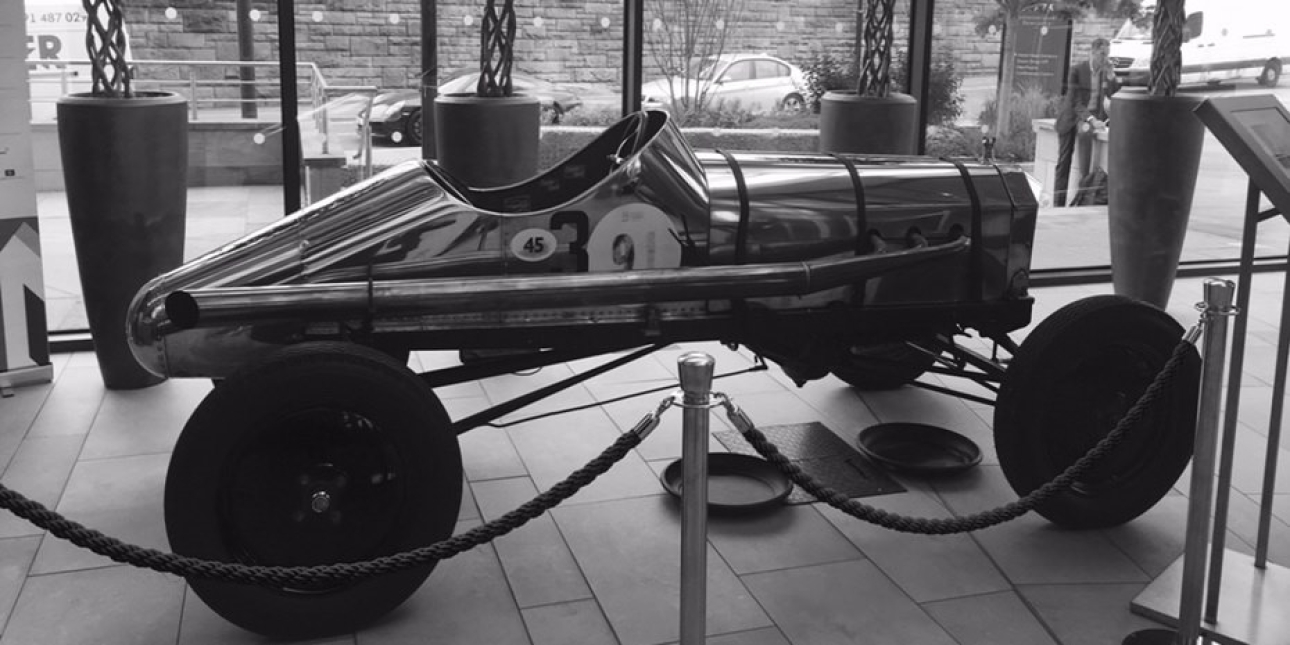PUBLIC RELATIONS
Monday 16th July 2018
CIPR visits friends in the north
England had just gone out of the World Cup, the Prime Minister was under extreme pressure, two leading cabinet ministers had just resigned, Donald Trump was visiting the UK and it was Friday the 13th. The perfect day for the CIPR Northern Conference which started with a striking question posed by Laurie Bell, who has been working at the heart of the Salisbury poisoning incident.
Laurie told the audience of communications and PR professionals of the intense pressure her team faced when the case went International within 20 minutes of happening.
“Never assume it can’t happen to you because it can happen anywhere. A small medieval town in England became the epicentre of an International news story,” she explained.
The communications challenge facing everyone was huge but the most important skill highlighted by Laurie was having the credibility to influence and engage at the highest level. During an incident like this it’s vital that comms is ‘in the room’ to be able to prepare a robust response.
She also cited partnership working and collaboration among the most critical tasks during a time of major crisis. This means being able to build relationships at a time of high stress while feeding news to a wide range of different people. She warned against leaving a void of information that could be exploited by others by having a detailed plan, updated every day.
On a human level she also explained that understanding the battle rhythm of emergency service was key in being able to cope, but that looking after your own mental health and that of your team was also really important but often overlooked.
Choose your own adventure
Keynote speaker Paul Irwin had a fascinating story that started with a troubled youth on Tyneside and ended with BAFTA nominations via Hollywood and the Caribbean as he explained his work engaging with hard to reach younger audiences.
His excellent Trylife project was a digital update on the original interactive books of my own youth where school children could choose their own adventure by turning to different pages depending on the choice they made during the story. In his incredible new movie version kids from Bradford to LA have been able to see how their own decisions have consequences for the characters on screen.
A game engine gives users multiple choices and different outcomes to offer real life lessons about the potential consequences of things like drug use in the films which are created by young people themselves. The social media engagement around the project is incredible, hitting mind blowing numbers on a global scale.
“The media has changed so much but whatever you try to do make sure it’s genuinely engaging and interesting because people have so much choice now,” he says.
Mad men and Martini
Finally, there was some historical context as one of the original mad men Bob Leaf talked us through a 40 year career that highlighted the scale of change the industry has faced.
As well as some advice on the optimum number of Martini’s to consume (2) and how to exorcise Ghosts in Asia he also had some sage advice for people working in PR today, especially around the importance of key messages and how to integrate them into all your work.
Of course this blog is named in honour of a Mad Men quote, and Bob had many lines that Don Draper would be proud of so that seems a perfect way to end…
“The key to success in this world is managing perception. What do people think of you, and can it be changed?”
Some notes and observations
- Laurie Bell was keen to point out that reputation management is so important both for you personally, but also for the wider organisation you represent.
- Using research and data is vitally important in modern PR, especially in planning campaigns. However, in such a data rich world using the right data and asking the right questions is becoming just as important. NGI solutions in their workshop pointed out that it’s important to understand what people like, but also what they don’t like.
- Joanna Feeley from Trend Bible talked about how engagement had become much more difficult because people live such fragmented lives and consume media in such a contradictory way. Research and predicting future trends are made more complex because we are all prone to change and contradictory behaviour.
- The power of interesting, human stories told well is timeless regardless of the channel or format.
- As communicators and PR professionals we often get the why, but the key question is how, especially around evaluation.
- In a quote from Emily Bell we were told that “media has changed more in the past 5 years than it has in the last 500”.
Thanks to the CIPR North East committee for putting on such an excellent conference and President Sarah Hall for her leadership.
